Bad Breath
 Balaji
|
Balaji
|
 23 Jul 2025
23 Jul 2025
What Is Bad Breath and Why Does It Happen
Bad breath, or halitosis as it’s medically called, is something that can make people feel embarrassed real quick. It’s not always about skipping brushing once or twice—though yeah, that too plays a role. Truth is, bad breath happens when certain bacteria in your mouth break down food and release stinky sulfur gases. These compounds? They don’t just smell bad—they stick around, especially if you're not cleaning your mouth right.
It’s not rare either. Millions of people deal with it daily, but few speak up. Those bacteria live mostly on the tongue, in between the teeth, and way back where the toothbrush doesn’t always reach. That’s where the odor builds up, especially if the mouth stays dry or there’s old food stuck in tight spots.
At Sanford Pharmacy, people often ask for a reliable bad breath mouthwash—something strong enough to fight odor but gentle enough to use every day.
Common Causes of Bad Breath
Bad breath doesn’t come from just one thing. It can be poor brushing, or it could be something deeper. If you leave food particles between your teeth or forget to floss, bacteria start feeding, and that’s when trouble starts. And yes—do cavities cause bad breath? 100%. A cavity is literally a hole where bacteria sit and stink.
Then there’s dry mouth, which a lot of people don’t notice. Saliva helps clean your mouth, so when it dries up—either from meds, stress, or just sleeping with your mouth open—that’s when odor kicks in hard.
Tobacco, alcohol, spicy food, even coffee—all of these can make it worse. They dry the mouth, add chemicals, or stick to soft tissues and linger. Sometimes, it's not even the mouth. Bad breath from stomach problems like GERD push acids upward, and those carry a smell that no mint can cover.
People with chronic sinus issues or post-nasal drip also face this. Mucus hangs around in the throat, breaks down, and—yep—smells.
Identifying Symptoms and When It’s a Concern
You might not notice your own bad breath. That’s the awkward part. Your nose gets used to your own scent. But when someone steps back a little during conversation or keeps offering you gum—it’s probably time to pay attention.
Persistent odor, a bad taste in the mouth, or dry feeling even after drinking water are signs it’s more than just garlic from lunch. If breath still stinks after brushing, using a bad breath mouthwash, or scraping your tongue, something deeper might be going on.
You might also feel like your mouth is never fresh. In some cases, the smell gets worse at certain times of day, especially in the morning or after long stretches without water or food.
The Role of the Tongue and Mouth Bacteria
That white coating on the tongue? That’s not just from milk or food. It’s layers of bacteria, dead cells, and leftover debris. If you don’t clean it, it just builds and smells worse by the day.
The tongue is one of the biggest hiding spots for odor-causing germs. That’s why brushing alone isn’t enough. You need to scrape your tongue daily or at least give it a gentle brush. And don’t forget the back—that’s where most of the bacteria hide.
When saliva levels drop, or pH in the mouth shifts to acidic, these germs multiply. That’s when bad breath becomes more frequent, even after basic cleaning. At Sanford Pharmacy, customers often ask for products that help balance oral pH and boost natural saliva flow.
Foods and Habits That Make It Worse
Certain foods just stick with you—in a bad way. Garlic and onions, for example, go into your bloodstream and even affect your breath after digestion. Coffee dries the mouth and leaves a bitter trace.
Sugary snacks fuel bacteria, especially if you're not brushing right after. Alcohol, even in mouthwashes, dries your mouth too much and can backfire.
Crash diets and fasting also cause breath to smell different. When your body burns fat quickly, it releases ketones. These come out through your breath and carry a metallic or fruity scent—not dangerous, but not pleasant either.
Daily Oral Hygiene Tips for Fresher Breath
Clean routine, clean mouth. First step? Brush your teeth at least twice a day—don’t rush it. Use fluoride toothpaste and don’t skip the corners.
Flossing is a game changer. Most odor starts in between teeth, where the brush doesn’t reach. Then comes tongue scraping—quick, easy, and very effective. Follow that with an alcohol-free bad breath mouthwash to rinse it all out.
Regular dental visits are key. Dentists can spot early signs of decay, gum trouble, or deep plaque that needs a proper cleaning. Sanford Pharmacy keeps all these essentials in stock—brushes, scrapers, gentle mouth rinses—you name it.
Medical Conditions That Can Cause Halitosis
Some breath issues come from deeper problems. Diabetes, especially when uncontrolled, can cause a fruity or nail-polish-like smell. That’s a sign of too many ketones.
Liver or kidney issues can also change the way breath smells. In those cases, it’s often described as musty or sour. Not common, but definitely worth checking if basic care doesn’t work.
Throat infections, sinus issues, and even tonsillitis can all cause consistent bad breath. After certain dental procedures, like a pulled tooth, it’s normal for breath to be off for a few days. But if bad breath after tooth extraction lasts longer than a week, you may want to check for infection.
And yep—pets get it too. Bad breath in dogs and cat bad breath are real signs something’s off. Sometimes it’s plaque, sometimes it’s diet. If you’re thinking, why does my cats breath smell so bad, it’s probably time for a vet visit or a cleaning. For pups, a dog bad breath remedy might be a dental chew or water additive your vet approves.
When to See a Dentist or Doctor
If you’ve been brushing right, flossing, using a good bad breath mouthwash, and things still aren’t better—it’s time to call the dentist.
Same goes if your breath smells off and you also have pain, swollen gums, or loose teeth. That could be gum disease, which needs more than just home care.
If nothing oral turns up, your doctor might look at your stomach or throat. Bad breath from stomach acid or reflux is more common than most think, and no amount of mint will fix it. You’ll need treatment that targets the root.
Sanford Pharmacy always recommends keeping track of symptoms—when it started, what you’ve tried—so you can give your dentist or doctor the full picture.
Natural Remedies and Lifestyle Changes That Help
Water. That’s the most natural fix out there. Sip all day. It keeps your mouth moist and flushes away particles.
Chew sugar-free gum with xylitol. Not only does it freshen breath, but it also gets saliva going. Herbal rinses—like parsley, green tea, or clove oil—have light antibacterial powers and give you a fresher feel.
Probiotics help too. They balance bacteria in your gut and sometimes even in your mouth. Eating less sugar and more fiber helps both digestion and oral bacteria.
And if you’ve got pets, don’t forget them. A dog bad breath remedy or a change in diet can improve their oral health, just like it does for humans.
Preventing Bad Breath Long-Term
Stick with the basics. Don’t skip days. Brush, floss, scrape, rinse—every single day. Avoid foods that make things worse and stay hydrated.
Eat fresh, avoid processed junk, and give your gut some love too. A balanced system makes a healthier mouth.
Use a quality bad breath mouthwash once or twice daily, and clean your tongue—don’t skip that. At Sanford Pharmacy, there are full care kits ready for those who want a routine that works without overcomplicating it.
Categories
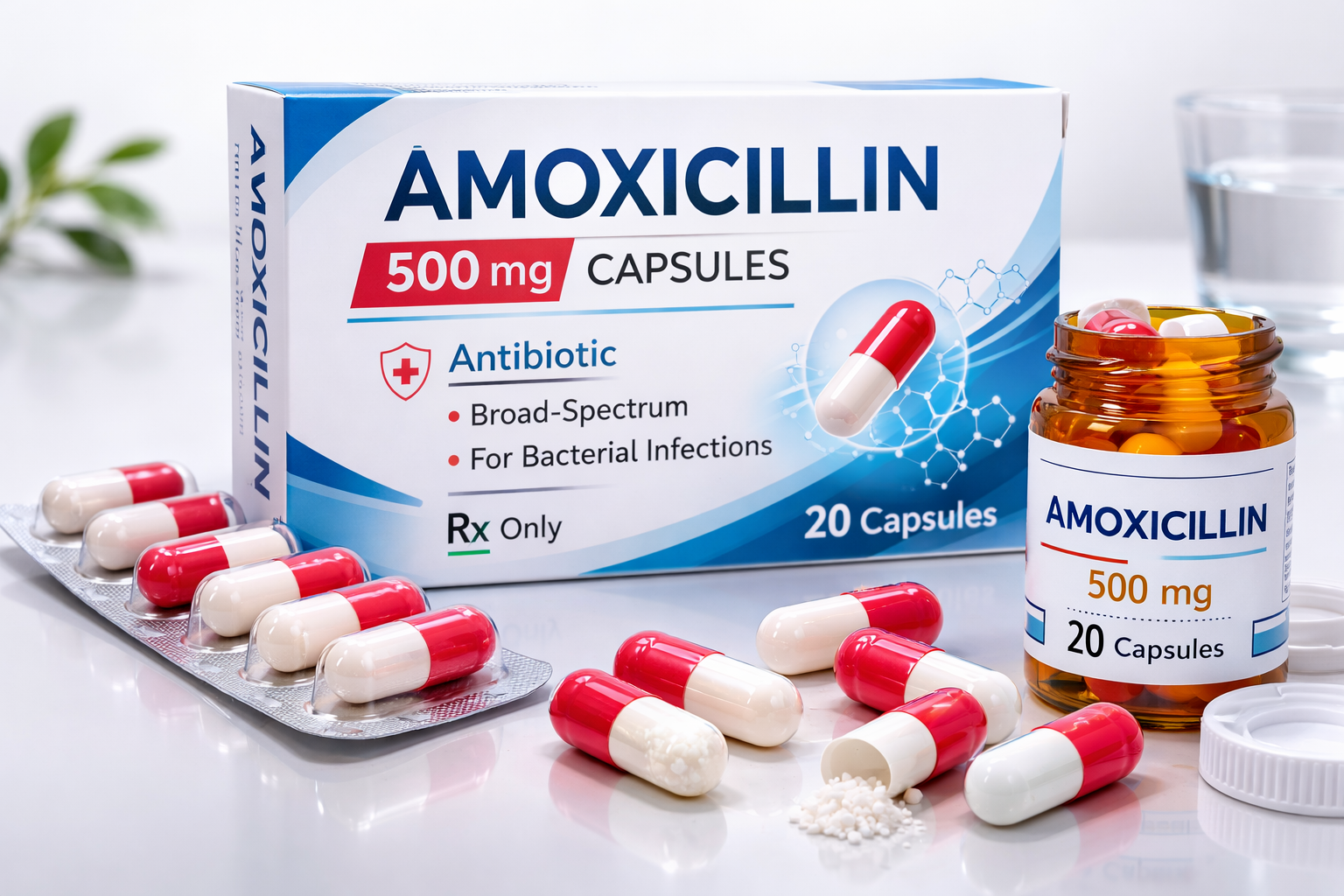
How Long Does Amoxicillin Stay in Your System?
 Graciela
Graciela

Can Newborns Get Infections from Visitors?
 Tobias
Tobias
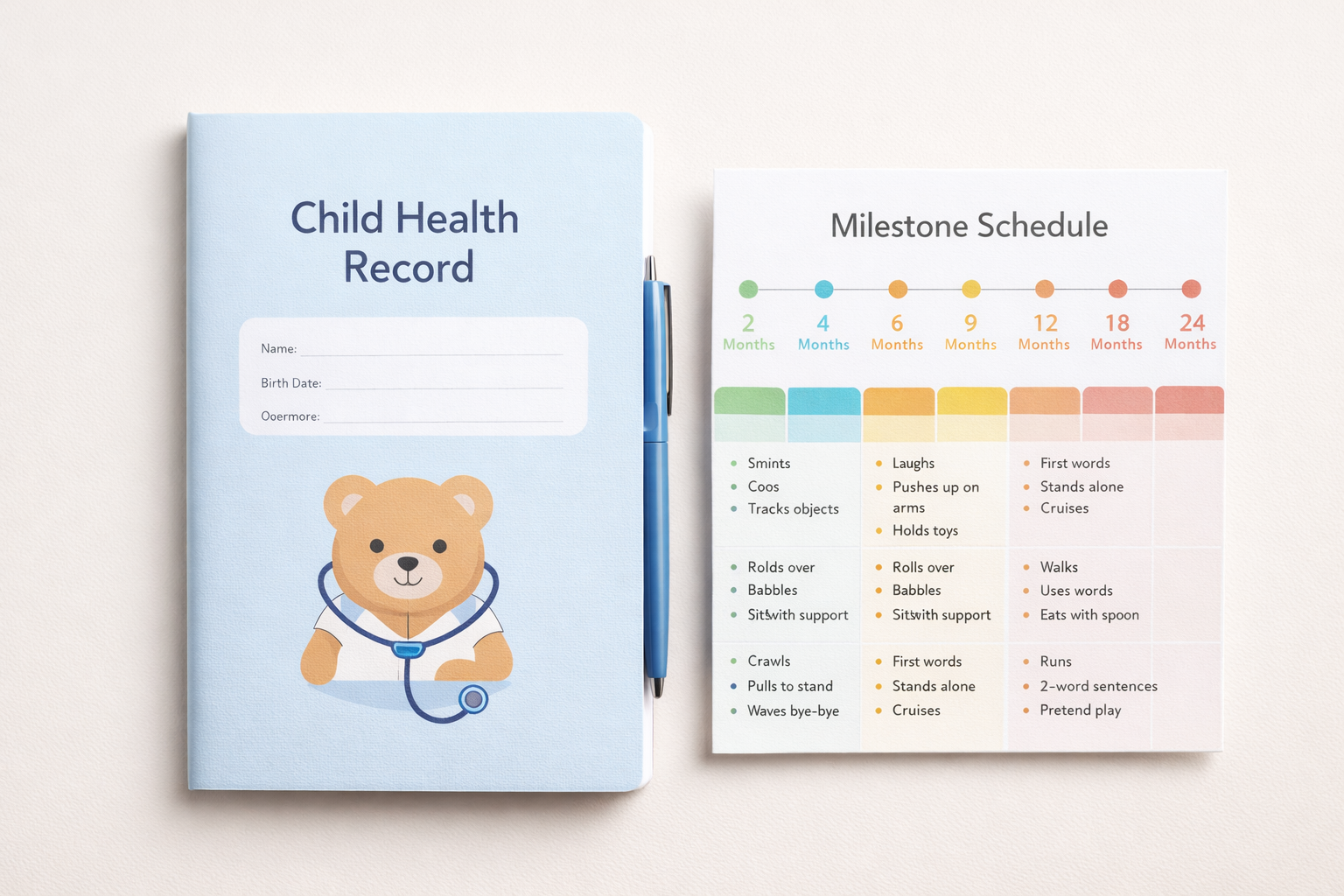
Signs of Developmental Delays in Infants!
 Justice
Justice

What Vaccines Are Required for Toddlers?
 Molly
Molly

Is Baby Getting Enough Breast Milk?
 Monserrat
Monserrat

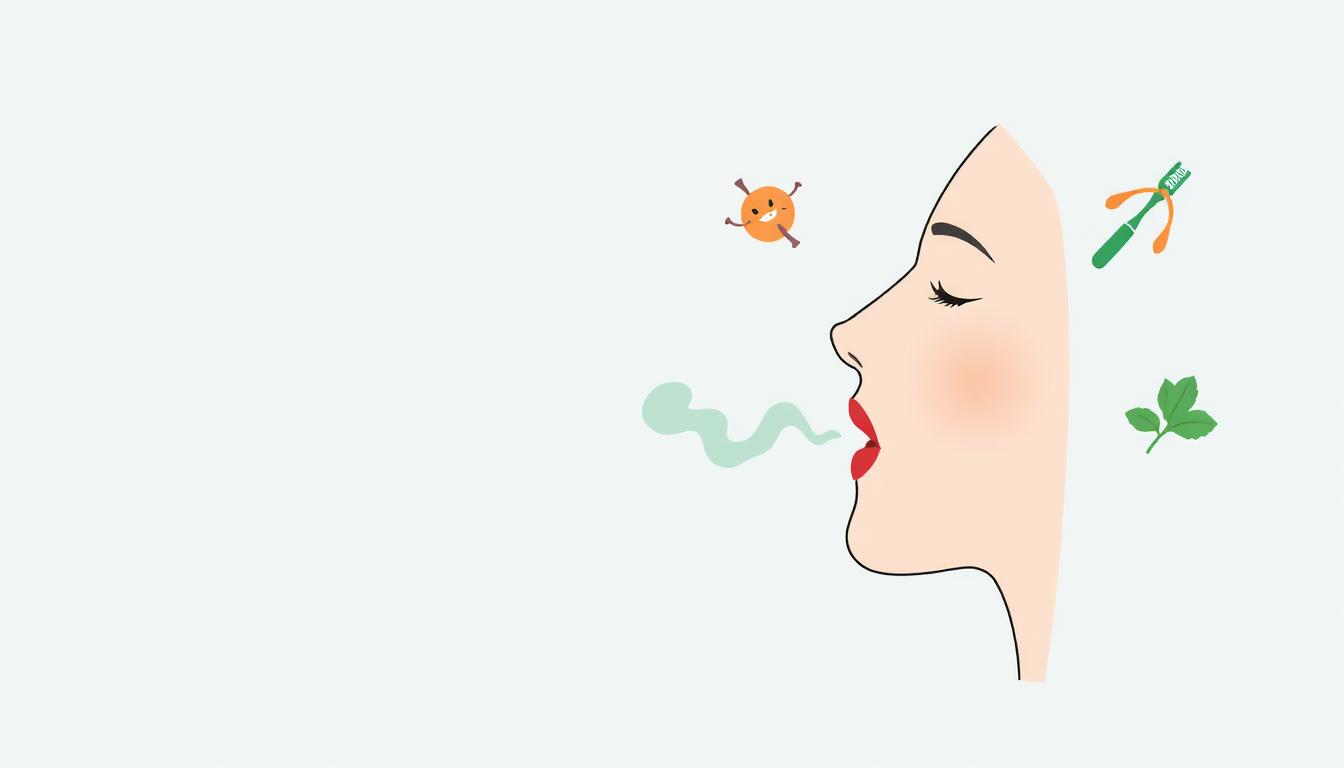
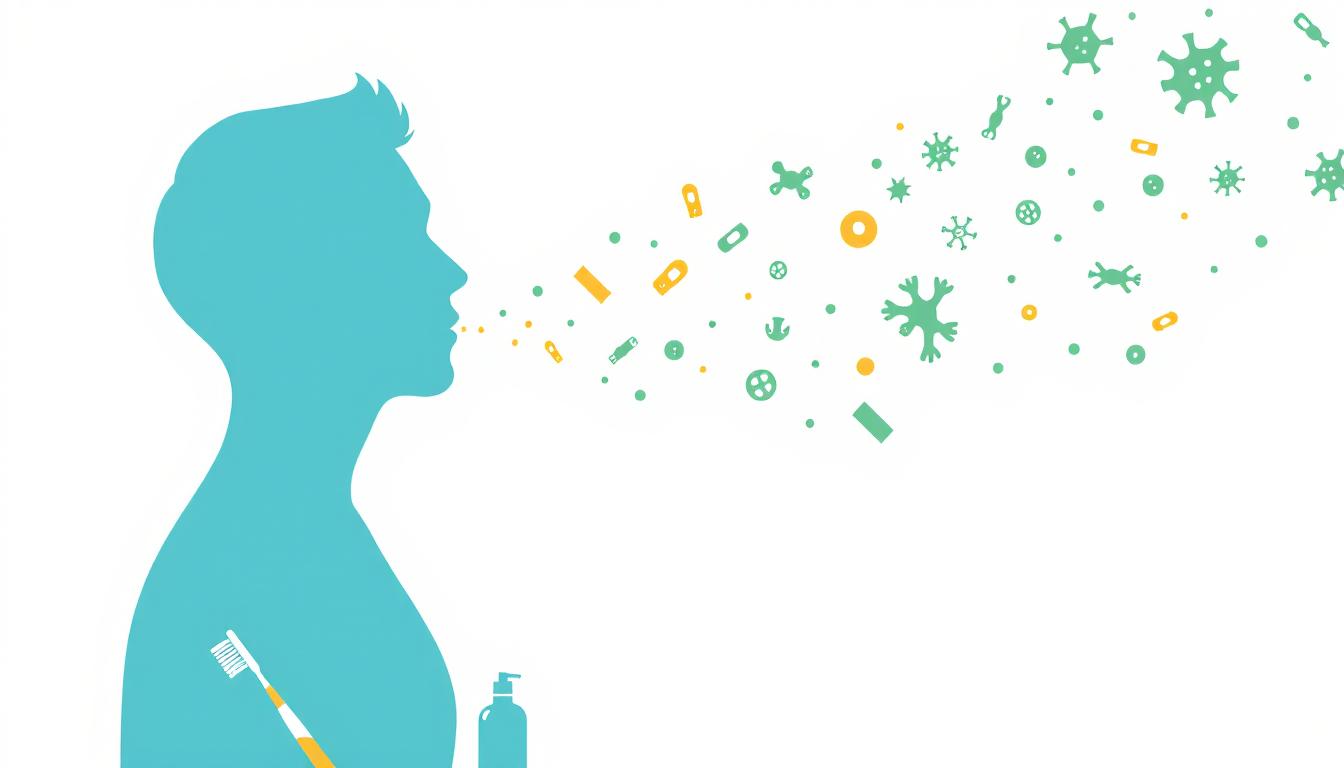







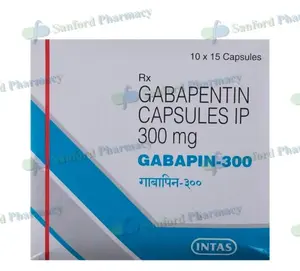
.webp)
.webp)
-(2).webp)
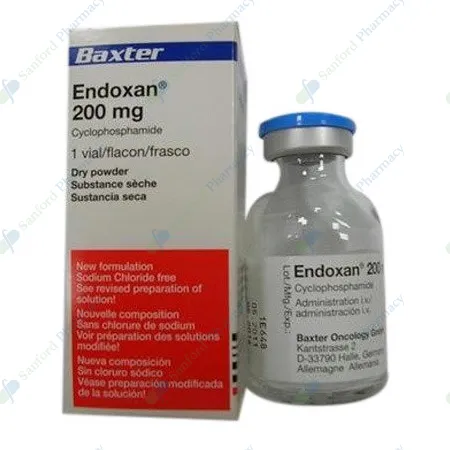
.webp)